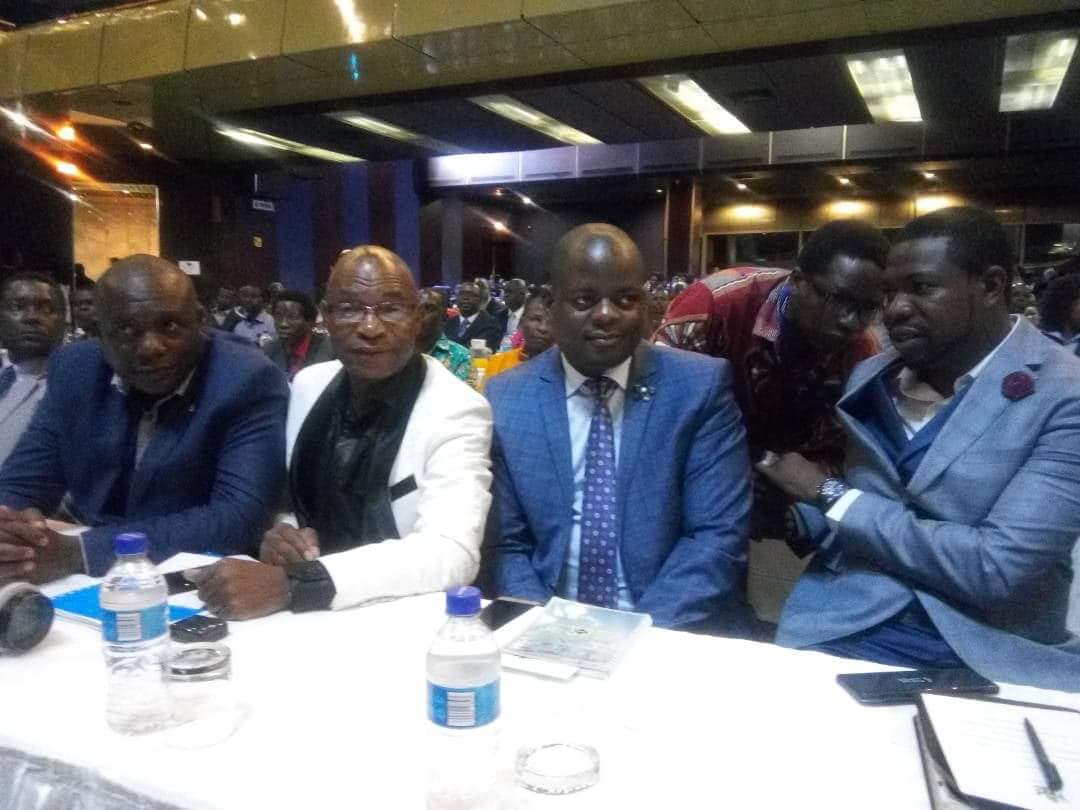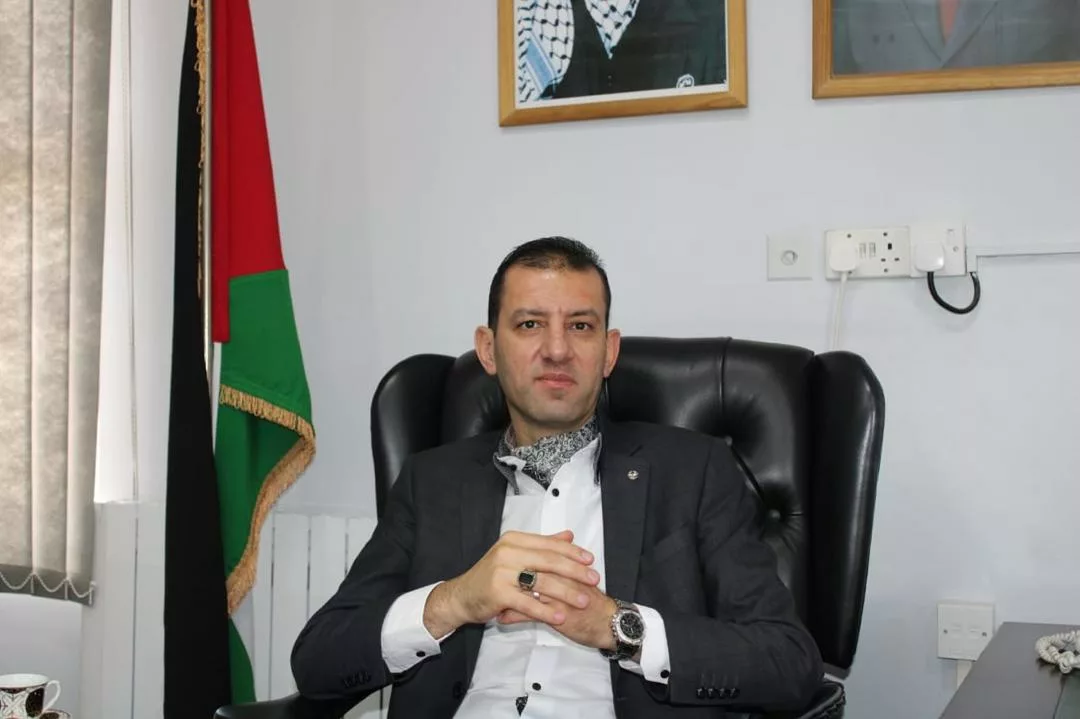By Byron Mutingwende
Church leaders in Zimbabwe had a meeting with President Mnangagwa where they expressed their willingness to be represented in Parliament but there are mixed views concerning that request.
Speaking at the church interface meeting with President Mnangagwa, Bishop Clement Chisango of the Ebenezer Holy Church who represented the Council of Apostolic Churches of Zimbabwe said church leaders should be represented in Parliament.
“While some politicians if not most are Christians, we feel that church leaders should be represented in Parliament. We need four or five seats in Parliament reserved for church leaders so that they will advance our cause as the church. There are issues like polygamy and holding of rituals which are widely practised but we should give a position since we are the moral and spiritual leaders,” Bishop Chisango said.
Archbishop Lameck Chitope from the board of governors of the Apostolic Christian Council of Zimbabwe (ACCZ) shares that view.
“We need representation in Parliament. As the church, no one is advancing our cause within the Legislature. As leader of the Zvishamiso Zvevapostori Church, I have a countrywide membership. As a church leader, I have great influence over my congregants. In that same vein, if for example, I tell my congregants not to follow certain traditional and cultural rites the follow suit,” Archbishop Chitope said.
Chitope bemoaned the situation whereby traditional chiefs have less following and influence compared to church leaders yet they were represented in Parliament.
“The influence of traditional chiefs is confined to a certain district of a country. The church has more than five congregations in that same district and perhaps more than 10 at provincial level. We realise that traditional chiefs, women and people with disabilities are represented in Parliament while regrettably the church is not. That should change,” Archbishop Chitope said.
The church plays a critical role in the socio-economic advancement of communities. They run schools, old people’s homes, orphanages, clinics and hospitals globally. They also take care of underprivileged members of the society.
Chitope said the church had a heart for the poor so their representation in Parliament would the social and economic advancement of the communities. Added to the request for representation in Parliament the churches appealed for access to land to build schools and hospitals and to covert into small-scale farms for rearing livestock and growing of crops. Most of the churches did not get land during the land reform programme because the acquisition of the farms was often violent.
Just in the same way traditional chiefs were getting government vehicles, some of the church leaders said the wanted the same benefits to enable them to have access to hard-to-reach areas so as to preach the Gospel of the Kingdom of God.
Archbishop Dr. Johannes Ndanga, the ACCZ President has a different opinion. He feels that the church should not meddle in politics.
“The calls to have church leaders given Parliamentary seats, in my view, are misplaced. The moment we give a ministry to church leaders, it means freedom of religion will have gone since religion will be regulated. The church should understand that the clergy are already ministers in their own sphere. We know Bishops and Pastors as ministers of religion so they should not cross the boundary to practice religion within politics,” Archbishop Ndanga said.
Archbishop Ndanga said a human being comprises the physical body and the spiritual inner soul. In that regard, he feels spirituality can’t be represented in Parliament. President Mnangagwa warned that there was no decorum and respect in Parliament because of Parliamentary immunity that may some members to behave in a wayward manner while debating issues.
“There should be a distinction between world politics and Christianity. Having the church represented in Parliament will create acrimony between Christianity and other religions because the Constitution gives freedom of worship and religion. Church leaders should not take advantage of their huge following in the country to contest within the political terrain,” Archbishop Ndanga said.
The clergyman warned church leaders against participating in process that may take away peace and tranquillity. He cited the issue of the Zambian church leader Nervous Mumba who joined politics and eventually became unpopular in the church. Closer home, he said church leaders like Ndabaningi Sithole and Abel Muzorewa compromised their standing within the church as soon as they joined politics. Archbishop Pius Ncube of the Roman Catholic Church also resigned unceremoniously after he meddled in politics.






